Judges use "virtual assistant" software to support their professional work. Photo: VNA.
According to the Supreme People's Court , from 2022, Virtual Assistants will be applied to support Judges and Secretaries in the litigation process. Although facing many technical and professional challenges, this software is expected to improve trial efficiency, save costs for litigants and popularize the law to the people. However, issues of transparency, knowledge accumulation and compliance with international standards such as ISO/IEC 25059:2023 on AI quality are still points that need to be improved.
Associate Professor, Dr. Le Vu Nam, Vice Rector of the University of Economics and Law (Ho Chi Minh City National University) commented that society is changing dramatically under the impact of new technologies such as artificial intelligence (AI), blockchain, big data and the Internet of Things (IoT). “The law cannot stand aside but needs to go along with, or even go ahead of, technology to establish a suitable legal framework that both protects public interests and promotes innovation and sustainable development. In that context, issues such as data security, privacy and legal liability in the digital space are becoming increasingly complex and need to be comprehensively addressed,” said Vice Rector Nam.
Lawyer, Associate Professor, Dr. Doan Thi Phuong Diep, said: “Law and technology are a combination that is increasingly intertwined, especially since ChatGPT appeared in 2023”. According to Ms. Phuong Diep, the application of technology in law is not only a pressure to adapt but also raises many questions about law, privacy and ethics. For example, in the US, chatbot Tessa once caused serious consequences when giving incorrect advice on diet, raising the question; if AI causes damage, who is responsible, the developer or the user?
The application of new technology and artificial intelligence (AI) in the legal field is becoming an inevitable trend in the current context of digital transformation. Illustrative photo
From a training perspective, many law universities in Vietnam are gradually integrating technology into their curriculum. However, the major challenge remains the outdated legal framework. For example, the “real estate securitization” or blockchain application in Vietnam still has no clear regulations, while the world is many steps ahead.
MSc. Ngo Minh Tin, lecturer at the University of Economics and Law, Ho Chi Minh City National University, a legal expert on cryptocurrency exchanges, also pointed out that: “The draft Law on Digital Technology Industry still has many loopholes, especially in the definition of "digital assets". Limiting this concept within the scope of blockchain is not enough, when in reality there are many other types of digital assets such as NFT, digital currencies that are not necessarily based on blockchain”. Mr. Tin believes that it is necessary to add "digital assets" as an independent type of property in the Civil Code.
Another important point is the protection of personal data. Many AI applications currently collect data by default through their terms of use, putting users in a passive position. Without effective control mechanisms, the consequences can be very serious. Therefore, it is time to set regulations for licensing AI applications and build a code of ethics for developers to both encourage innovation and ensure social safety.
One issue here is that the ownership of AI-generated assets is still open. If an AI creates a work that violates copyright, who is responsible? As MSc. Tin commented: “The owner must also be responsible”. Therefore, in the context of rapidly developing technology, building a suitable legal corridor is a prerequisite for artificial intelligence to develop healthily, while protecting the rights and legitimate interests of citizens.
According to VNA
Source: https://doanhnghiepvn.vn/chuyen-doi-so/ap-dung-ai-vao-quan-ly-phap-luat-la-huong-di-tat-yeu-cua-thoi-dai-so/20250418092531217


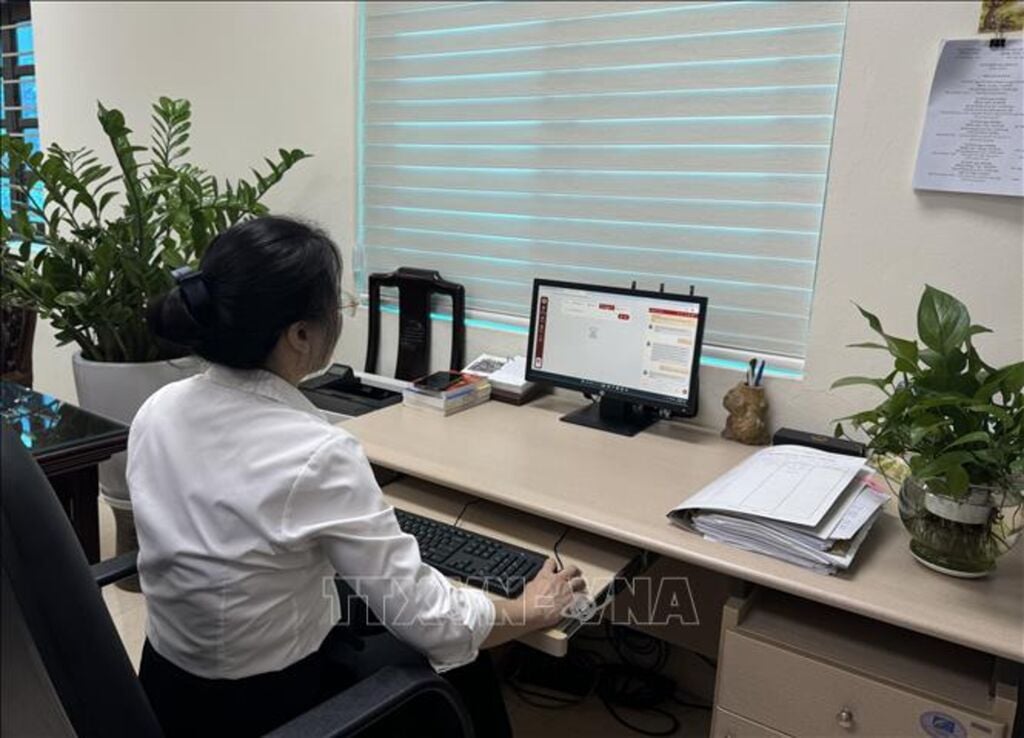
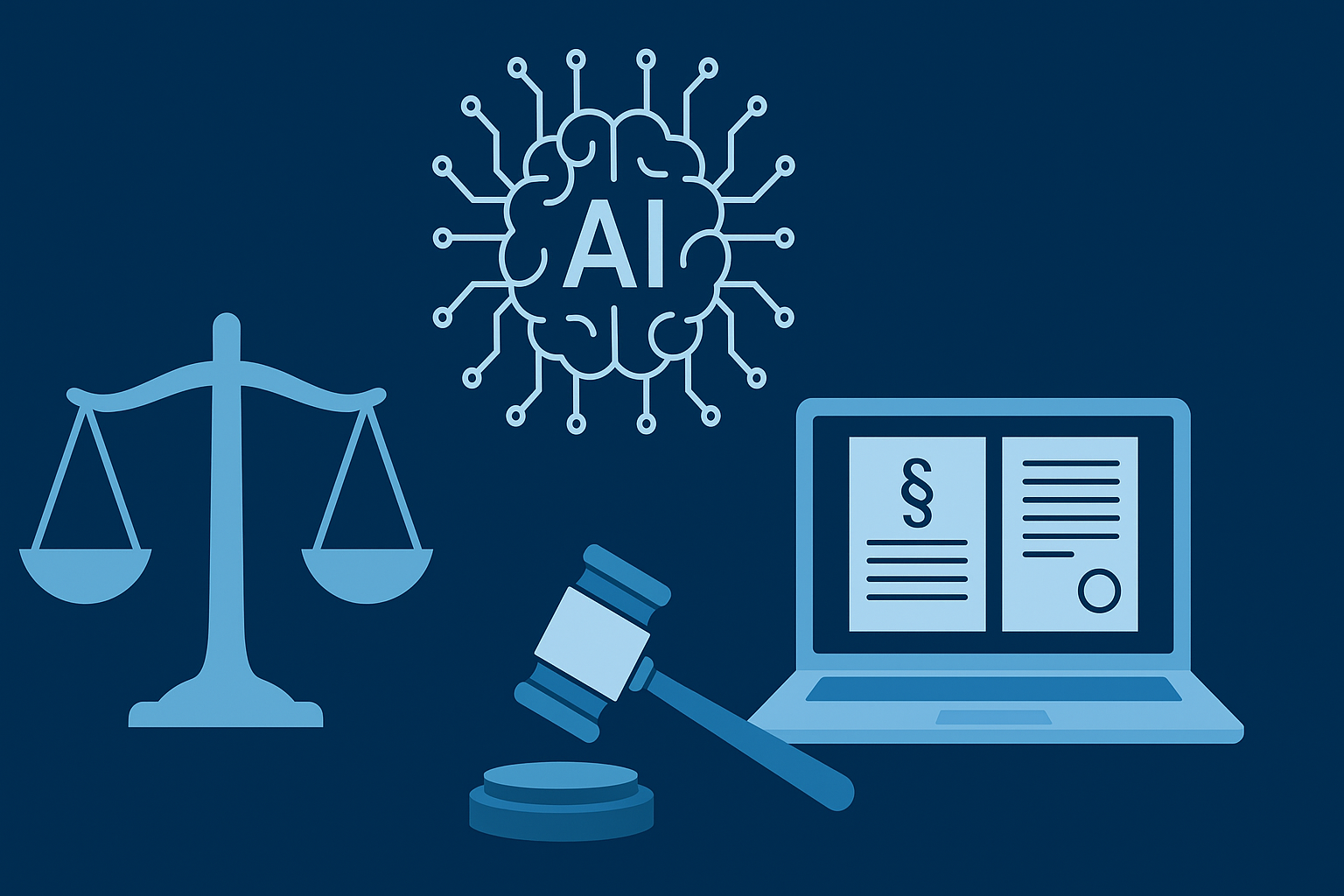







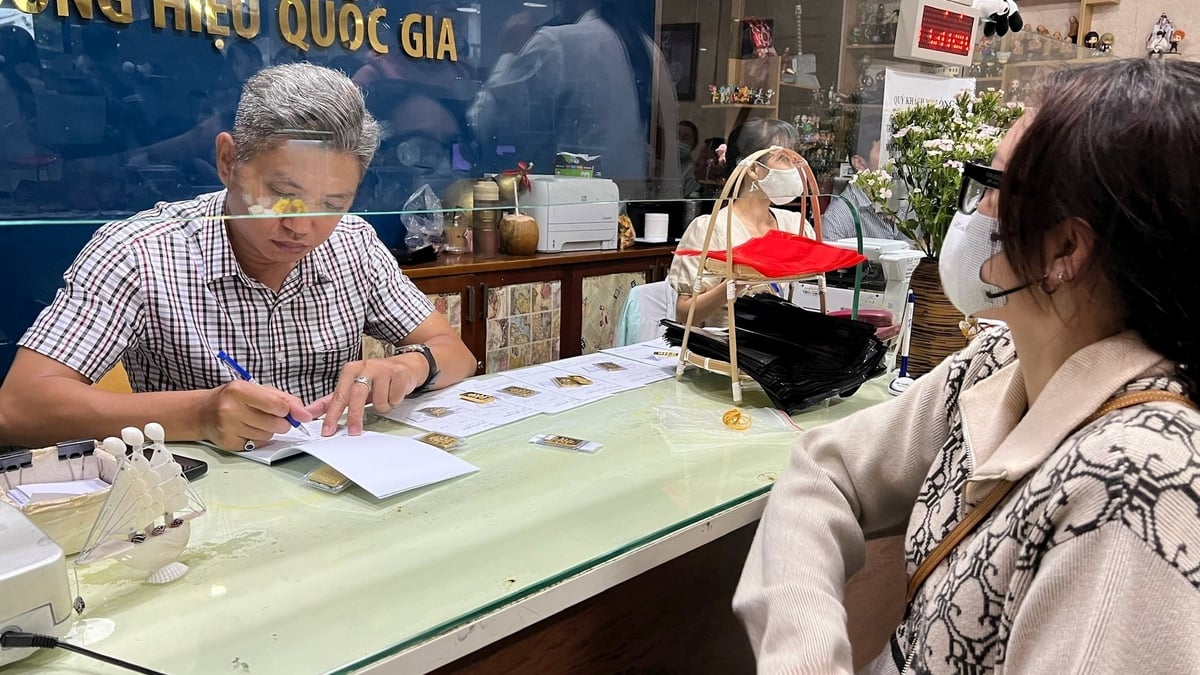





































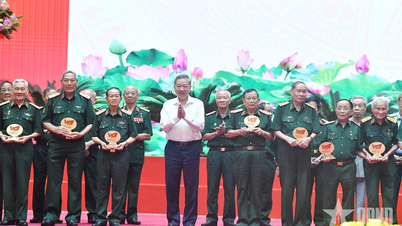




















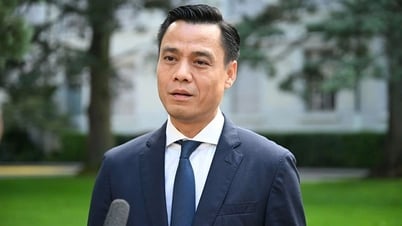


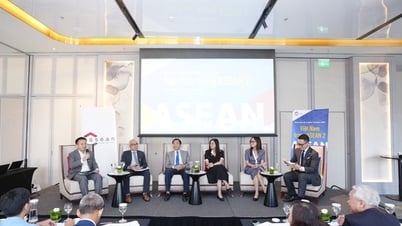

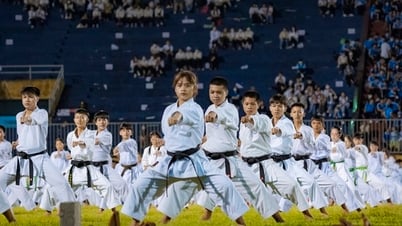
























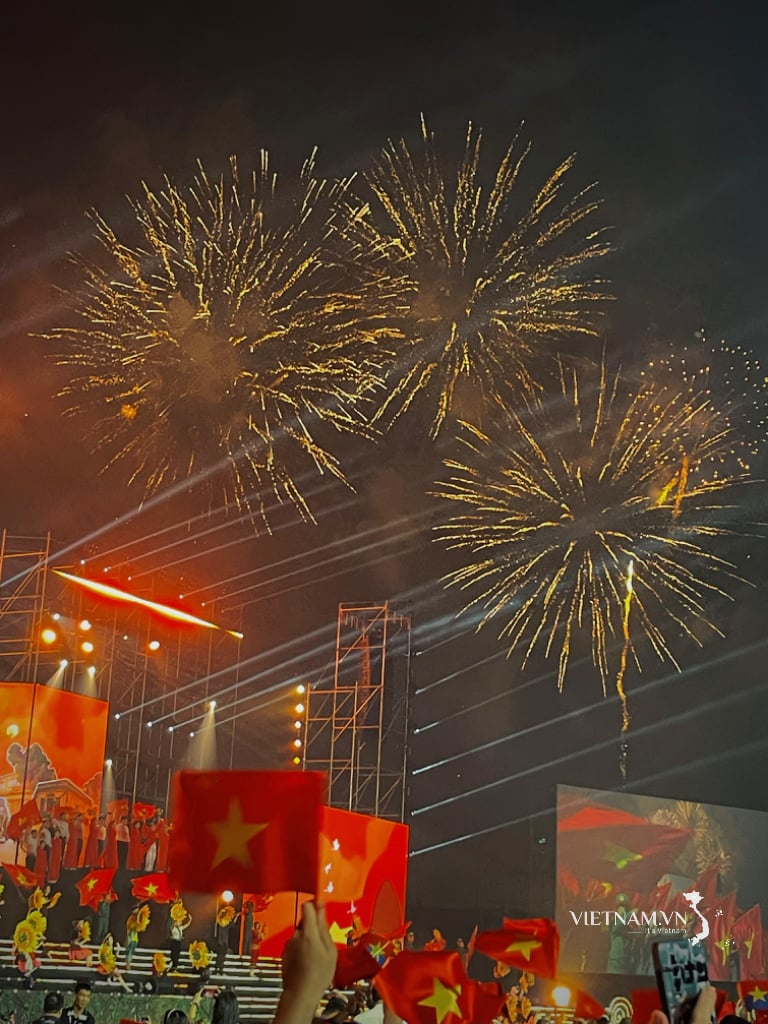


Comment (0)